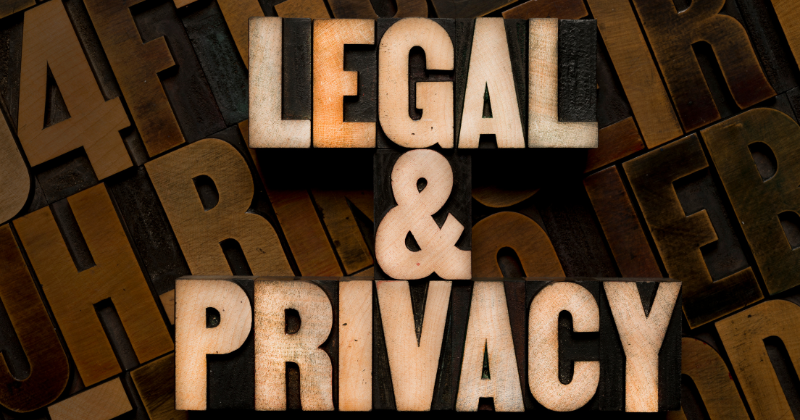
February is Internet Safety Month. This means that you may want to review your internet accounts and passwords and protect yourself by protecting your digital assets. But this also means protecting the information of someone you are responsible for. When a person has passed away, and you are asked to manage or close their accounts, you’ll want to be considerate of protecting privacy and respecting wishes.
Probate is the legal process of closing someone’s estate after they pass away. This can include paying debts, notifying social security, filing final taxes and closing their digital accounts.
After losing a loved one, you may be put in charge of managing or closing their digital accounts. These can include:
Perhaps you want to keep their Facebook page open as a tribute but close their X (TikTok) account. What should happen to this person’s Google Photos and email accounts? But you may have been given access to more. Perhaps you can also access their digital wealth, such as NFTs (which allow the sale of digital artwork), bitcoins and other cryptocurrency.
There are certain ethical considerations if you are responsible for managing and closing another person’s digital accounts. The person chose you because they trust you. Hopefully, you will follow through with protecting their privacy and respecting their wishes.
Some software has implemented measures to access a deceased person’s account. Apple Legacy allows you to choose a person to access your account after you die. One document that people are adding to their estate plan is called an In Case of Emergency document. It is not a legal document, but it can list information such as:
Now that you have the information to access someone else’s digital information, what should you do with it? Specific laws regulate how you will transfer digital wealth into accounts that can be distributed to the beneficiaries. Just because you can access their cryptocurrency does not mean it belongs to you. All digital wealth belongs to the person’s estate and must be given to heirs and beneficiaries as stated in their will. If they did not have a will, the administrator of the estate will distribute the assets according to intestate laws.
You must be ready to show accurate records of all digital assets to the executor of the estate. Beneficiaries have the right to know the amount in each digital account. It is common for someone to contest the will and stop the probate proceedings if they think you are not handling the digital assets legally and ethically.
When you work with an experienced probate attorney, they can help guide you through the legal and ethical steps to managing and closing a person’s digital accounts during the probate process.
Are you responsible for closing someone’s digital accounts after they die? If so, an experienced probate lawyer can advise you on the best options for your situation. To talk to a qualified probate attorney in Chicago, contact the Estate & Probate Legal Group at 630-864-5835.
Areas We Serve: Cook, Dupage, Kane, Lake and Will counties.